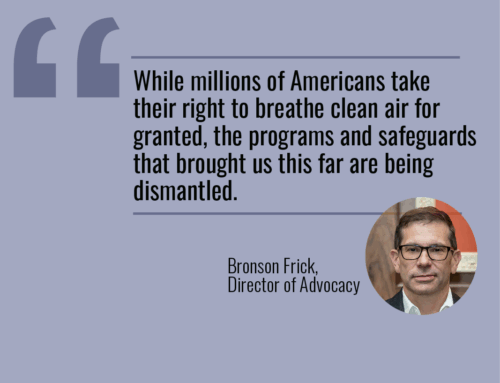Kathleen Starzenski has been a donor and supporter of smokefree air since before the beginning, getting her start with GASP (Group Against Smoking Pollution) in the early days of the smokefree movement. Kathleen’s sister works at a Best Western hotel in Oakley, California, and related a secondhand smoke report from a guest. A group of people were smoking poolside, and this guest let the manger know. But hotel management brushed this off as a petty complaint and took no action. Kathleen’s sister wondered if the risk was mitigated by being outdoors–was the manager right? Kathleen explained the real hazards of secondhand smoke. Even though it is located outdoors, the poolside is a common area for hotel guests. She joked, asking whether they had two pools: one smoking and one non-smoking?
To help protect the health of the hotel guests, Kathleen went in search of Oakley’s smoking laws. However, her search came up short. Who could help her find an answer? That’s when she contacted ANRF’s sister organization, Americans for Nonsmokers’ Rights (ANR).
ANR had the answers that Kathleen needed. California’s smokefree air law requires nearly all indoor public places and workplaces to be smokefree; but it has limited protections when it comes to outdoor spaces, and it doesn’t require outdoor areas of hotels to be smokefree. However, Oakley has a stronger law that prohibits smoking within 20 feet of doors, windows, air ducts and ventilation systems of privately owned properties. So, if the hotel pool is within 20 feet of doors, windows, or ventilation, then that area should be smokefree under local law.
A member of ANR’s policy team provided Kathleen with the contact information of Oakley’s City Manager, Bryan Montgomery, and Kathleen went to work to protect those guests at the poolside. At her behest, Bryan stated he would contact Best Western to remind them of the smoking laws.
The City of Oakley’s laws aside, the hotel can always choose to put a stronger policy in place. Many hotel chains (including Westin, Marriott, and Sheraton) prohibit smoking indoors, and often in outdoor common areas, in order to create a healthier and more welcoming environment for their guests and employees alike. The Best Western chain does not have such a corporate policy, but this property could choose to change their policy. These decisions to go smokefree were heavily influenced by demand from guests and workers who want a healthier, more comfortable environment. A smokefree poolside would be healthier for all!
Kathleen’s next step in her plan is to send a letter to the corporate offices of Best Western to suggest that they change their rules. We applaud Kathleen for using her time and energy to educate, and to speak out.
Do you have a story about fighting secondhand smoke in your community? Contact us to tell your story!






